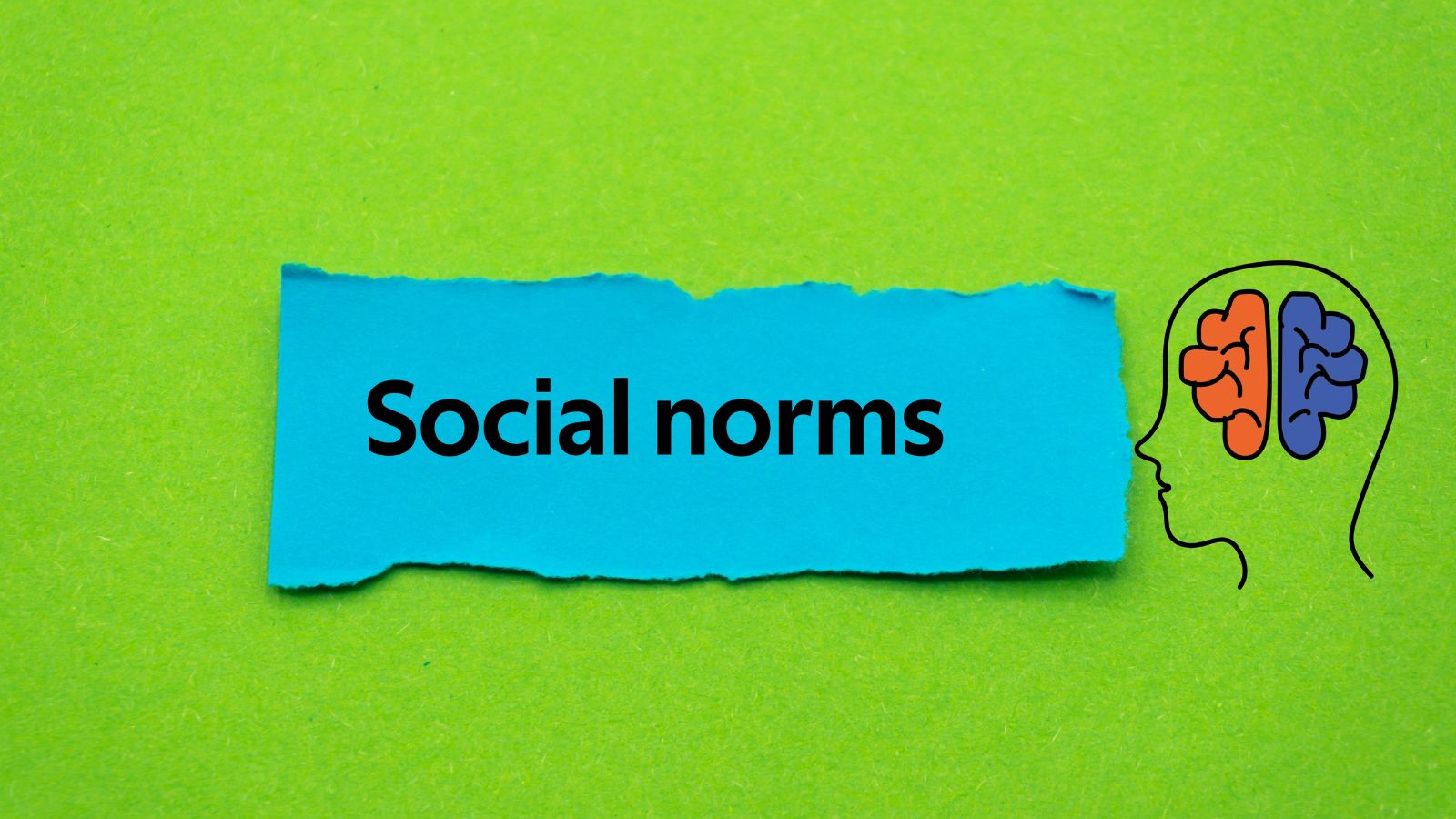Loneliness is no longer just about feeling isolated from people, it has become much more widespread and it is affecting millions of people around the world. The effects of loneliness impact people’s emotional well-being and can have long-term health impacts. We look at 18 surprising reasons why loneliness is becoming a silent epidemic:
Reliance on Social Media

While social media is designed to connect people, it often has the opposite effect. Platforms like Instagram, Facebook and TikTok encourage curated versions of reality that can lead to feelings of inadequacy and exclusion. Constantly seeing others’ highlight reels can deepen the sense of being left out or disconnected from meaningful, real-life interactions.
Remote Work Culture

With the rise of remote work, especially since the pandemic, more people are working from home than ever before. While remote working offers flexibility, it reduces face-to-face interaction with coworkers other than on a screen. Casual office chats and in-person meetings have been replaced with emails and virtual calls, which often lack the depth of true social engagement.
Urbanization

Paradoxically, living in densely populated cities can increase feelings of loneliness. Even though urban environments are packed with people, individuals may feel more isolated due to the lack of close-knit communities or personal connections. In the hustle and bustle of city life, meaningful social ties can be hard to form.
Digital Dependency

Our dependence on technology has reduced the amount of in-person interaction. Whether it’s ordering food online, shopping through apps, or streaming entertainment alone, fewer face-to-face interactions in daily activities contribute to feelings of isolation. Even casual exchanges, like chatting with a cashier, are diminishing in the digital age.
Decline of Community Spaces

Traditional community spaces, such as churches, parks and community centers, have seen a decline in use over the years. As fewer people participate in local events or gatherings, opportunities for social interaction diminish. The loss of these communal hubs contributes to a growing sense of detachment from society.
Busy Lifestyles

The fast pace of modern life leaves little room for meaningful relationships. People are juggling jobs, families and personal commitments, leaving minimal time to nurture friendships or form new connections. With packed schedules, socializing becomes a low priority, deepening the cycle of loneliness.
Aging Population

As life expectancy increases, more people, particularly older adults, are living alone. Many elderly individuals face isolation due to the loss of loved ones, physical mobility issues, or a lack of social networks. Older people are particularly susceptible to long-term loneliness, which can have a detrimental effect on their emotional and physical well-being.
Cultural Stigma Around Loneliness

Loneliness carries a stigma that prevents people from acknowledging it. Many individuals are reluctant to admit they feel lonely, as society often equates loneliness with weakness or personal failure. This cultural pressure to appear socially fulfilled exacerbates feelings of isolation and prevents people from seeking help.
Increased Individualism

Western cultures, in particular, have shifted towards individualism, where personal achievement and independence are valued above collective well-being. Self-reliance can discourage reliance on social networks for assistance, which can lead to isolation even if it can be liberating.The emphasis on “going it alone” can unintentionally foster loneliness.
Economic Stress

Rising economic pressures, including job insecurity and the increasing cost of living, contribute to loneliness. Financial strain can prevent people from engaging in social activities or leisure pursuits that foster connections. Additionally, stress and anxiety about money can lead to social withdrawal and emotional isolation.
Mental Health Struggles

Mental health issues like anxiety, depression and low self-esteem can both cause and result from loneliness. People suffering from these conditions often find it difficult to engage in social situations, further isolating them from support systems. Conversely, chronic loneliness can also contribute to the development of mental health disorders.
Breakdown of Traditional Family Structures

Family units are changing, with increasing rates of divorce, single-parent households and geographic separation due to career demands. These shifts can disrupt the traditional support systems that once provided emotional connection and companionship, leaving individuals feeling isolated within or outside of their families.
Fear of Vulnerability

In an age of surface-level connections, many people fear being vulnerable or opening up to others. The fear of rejection or being judged often keeps individuals from forming deeper, more meaningful relationships. Without vulnerability, relationships can feel shallow, leaving people disconnected even in the presence of others.
Rise of Longevity and the “Third Age”

With people living longer, there’s a growing stage of life often referred to as the “third age”—the period after retirement but before old age truly sets in. While this offers time for new pursuits, it can also lead to feelings of purposelessness and loneliness, particularly if social ties weaken as friends pass away or move.
Global Mobility and Transience

In today’s globalized world, people are more mobile than ever, frequently moving for work, education, or adventure. While exciting, this transient lifestyle can make it difficult to form lasting friendships or feel rooted in a community. Constant relocation can foster a sense of impermanence and disconnection from social circles.
Shifting Social Norms

As social norms change, particularly in dating and friendships, relationships have become more transient. The rise of hookup culture and casual friendships, especially among younger generations, can make it harder to form deep, lasting connections. As fleeting relationships replace long-term bonds, people may feel lonelier despite socializing more.
Decline in Social Skills

With so much communication happening through screens, some people are losing the ability to connect meaningfully in person. The constant use of text messages, emojis and social media can diminish emotional intelligence and interpersonal skills, making real-life conversations feel awkward or intimidating for many.
Workplace Loneliness

While workplaces used to be hubs for socializing and building connections, the rise of remote work, freelancing and gig economy jobs has eroded that sense of community. Even in office settings, the increasing reliance on email and Slack means fewer face-to-face interactions, leading to professional isolation and loneliness.
18 Reasons Why People Are Leaving Florida in Masses

Exploring factors that impact the desirability of living in Florida, this list delves into various challenges shaping residents’ experiences. From environmental concerns like rising sea levels to economic factors such as fluctuating job markets, these issues collectively contribute to a nuanced understanding of the state’s appeal.
18 Reasons Why People Are Leaving Florida in Masses
